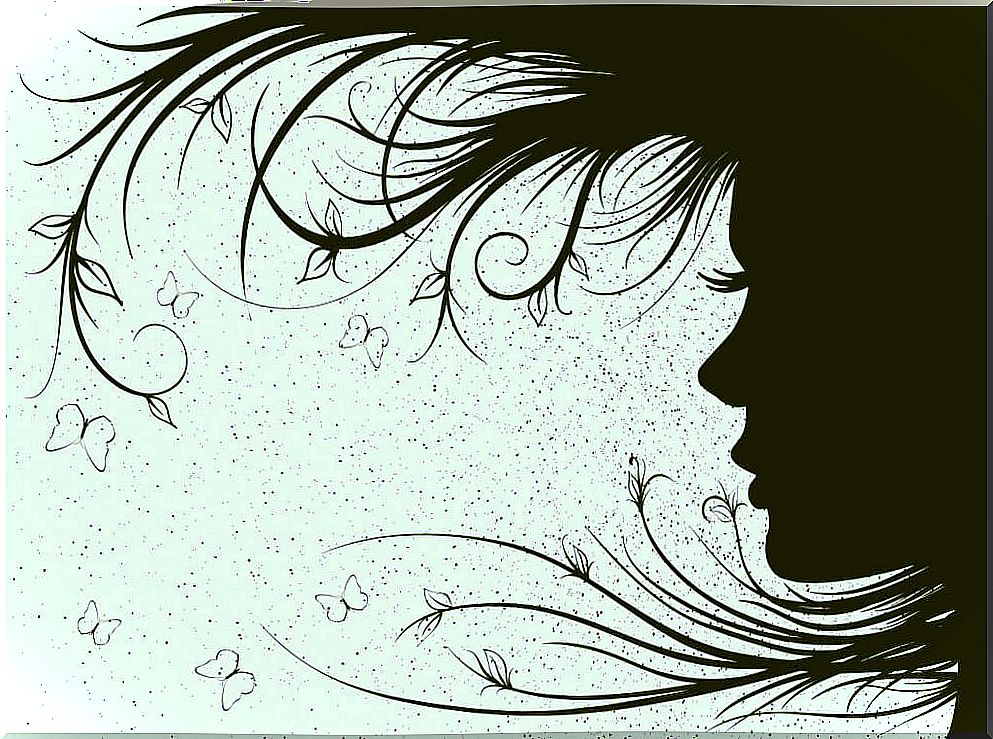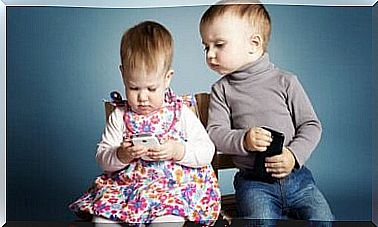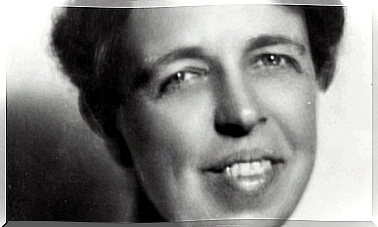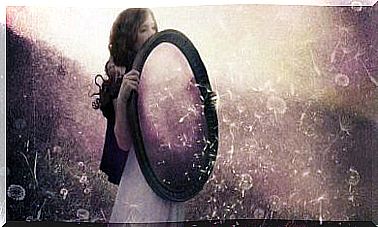The Small But Subtle Difference Between Imagination And Wishful Thinking

Every day our minds deal with millions of thoughts, but we only choose those that we feel are most important. We choose the thoughts that seem most important to us at a given moment, that help us solve current problems, and that most closely match our perception of the world, people and the future.
It is this very human ability that allows us to look at our world differently by changing the way we interpret it. But this ability is also linked to the weakness of being subdued by negative thoughts that cause us pain and paralyze us.
Our minds can see the best, but it can also bring our worst nightmares to life.

For example, pathological fear is based on our way of interpreting situations that we classify as threatening, but which only exist in our imagination. This means that we are ourselves, but influenced by this hypothesis that something could happen that restricts our actions in relation to a non-existent threat.
Our ways of thinking, combined with empirical values and physical reactions to fear, are the harbingers of an impending catastrophe.
The soul’s best friend and worst enemy is our imagination
Through our imagination we can create parallel worlds, horrific creatures and great scripts. Not only is this a wonderful skill on an artistic level, but also on a scientific level there is a lot more to discover beyond our imagination than we assume.
It is important to know the boundary between the fantasy world and the real world . At this point the great mystery of what we really want and what we only imagine is hiding. The key is to know that we are capable of imagining the best, but also the worst, and that not everything we spin together in our minds corresponds to what we really want. It’s just thoughts.
“When I examine my way of thinking, I come to the conclusion that the gift of the imagination has shaped me more than my talent for soaking up positive knowledge.”
Albert Einstein
We can be in the car, imagine that we suddenly turn the handlebars and, as a result of this voluntary action, trigger a series of events that end in absolute catastrophe. We are able to imagine this moment, words from our family members in the hospital, the pain we are responsible for, the wrecked car, and even our own funeral if we want. But of course we don’t want that.
We can walk in the street, watch a person and imagine a story with them in the lead role: We fantasize about their possible life, what work they will probably do, what preferences and weaknesses they have, and even imagine a meeting with them Person in front. But that in no way means that this is the case or that this is our wishful thinking.
Our imagination can turn into wishful thinking
Wishful thinking goes beyond mere imagination. The imagination stays in our thoughts, in our head, and is another piece of the puzzle in our creative mind.
Wishful thinking is connected with the action of doing, with the intention to make a difference, while in our imagination this component is something mental.

When we make a wish, we know that something is pushing us from within and is in line with our morals and our way of understanding our world. We have a fantasy, we wonder if we would like to put it into practice and our answer is yes. From this point on we can let our thoughts be followed by deeds until we finally fulfill our wish.
To better understand the difference, think of infidelity, for example: we can have fantasies about someone who is not our partner, but we don’t want to realize that thought. This thought is only useful for us to bring our ideas to life and to enjoy them in silence for us or to express this story in an artistic way. It doesn’t mean that we are unfaithful. It’s just a fantasy so we don’t have to feel bad about it.
When this idea becomes a wish, there can be more than just a mind game behind it. The thought can trigger something in us and this desire then leads us to want to live it out. This doesn’t necessarily mean that it will become reality, but we can understand in this moment that we are longing for something beyond our thoughts.
Imagination is not like wishful thinking. We can have fantasies, but we never want to live them out.









